6 Reasons Why Mental Health Is a Priority Around the Holidays
Mental Health Is Important All Year Long
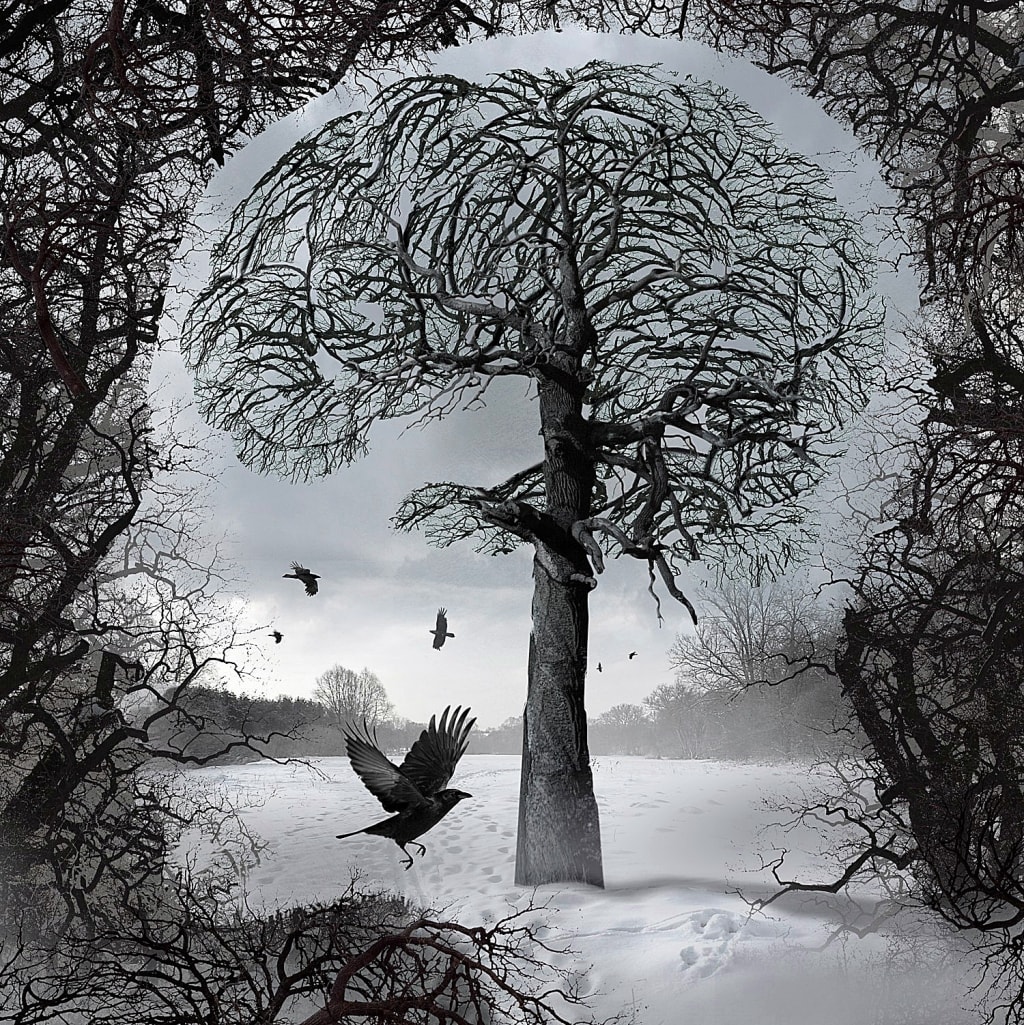
Mental health is something many people shy away from acknowledging and even sharing its influence. Adding Christmas, a time of giving and spending time with loved ones while laughter should be filling the air, to a mental health sufferer causes more Scrooges than Rocking Around the Christmas Tree and more stigmas.
1.) Loneliness
Not everyone during the holiday season is running on cheer and excitement for Christmas. According to mind, in a 2015 survey, 20 percet of people have felt lonely; as is expected since Christmas is a time to gather with loved ones. Aside from a light feeling during the jolly buildup to the glorious day, this time of year may also open up wounds of loss or negative feelings. As Stephen Buckley, head of information at Mind, says, "At Christmas existing problems can seem even bigger—if you are lonely, it can highlight how lonely you are and make you feel that you should be socializing."
Depression
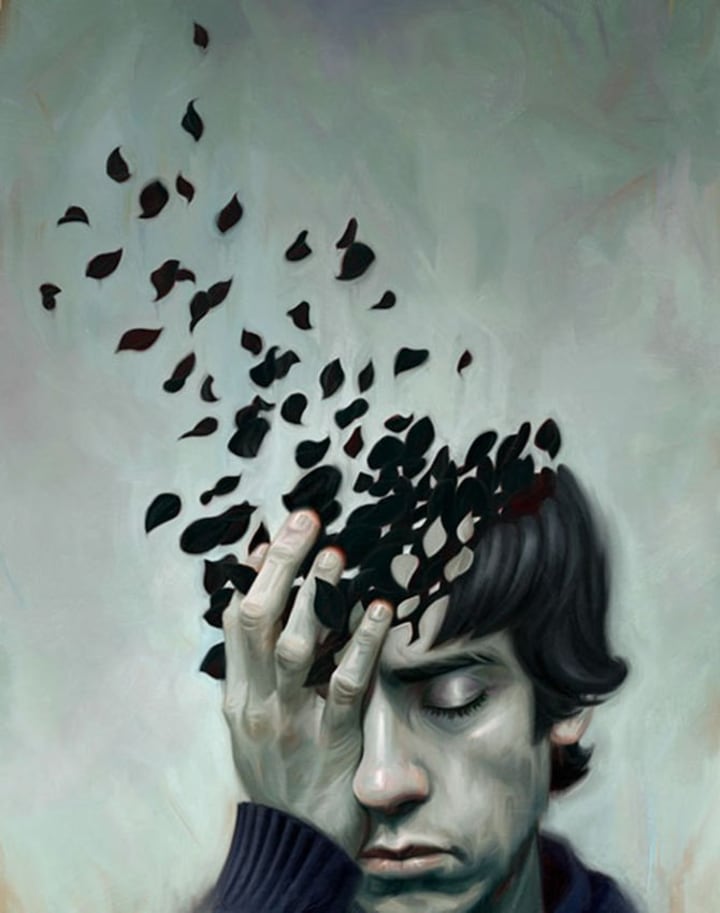
2.) Social Engagements
Being socially engaged, even for the most extroverted, can feel overwhelming at times, and the swamping Christmas shindigs can make the need to be around people feel worse. The Mind survey also found that 19 percent of people had pretended to be sick to get out of staff Christmas parties and 25 percent of adults in the UK feel anxious about social gatherings during the festive period.
Anxiety
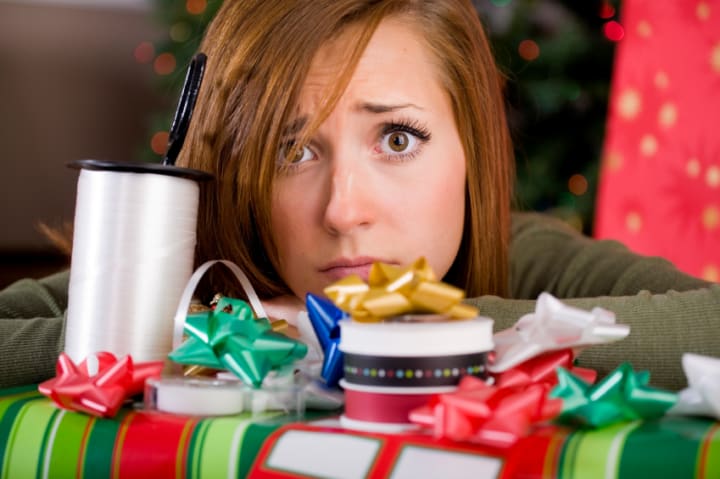
3.) Money Troubles
It’s no surprise that the thought of Christmas causes people to worry about extra expenses; more in fact since the jolly holiday grew into a commercialized time for getting gifts. A spokesperson for Anxiety UK says: “Financial difficulties may cause a great deal of anxiety at Christmas with presents to buy, outfits to pick out and all the festive ‘essentials,’ such as tree decorations and gift-wrapping that need to be considered. Ultimately, a need to please others with materialistic 'love' has driven many to hate the holiday; company and festiveness are solely determined by dollar signs."
Money...It's Always Interesting

4.) Drinks For Everyone!
People are drinking more than Starbucks this time of year for many reasons. One of which is liquid courage in order to make it out of the house or to simply bring grander tidings. The amount one might drink on social occasions (more so around Christmas and New Years) can make mental health worse as well, as anxiety is intensified.
Anxiety expert Chloe Brotheridge, from Calmer You, asserts that: “Despite its association with merriment, alcohol is actually a depressant, it lowers our sleep quality, and many people experience hangover anxiety (hangxiety) the day after a big night on the booze.” Since alcohol slows down Central Nervous System (CNS) activity, or rather, hindering the proper flow of bodily functions, the individual is relaxed but waking from this point or witnessing such behavior might make one more anxious and foggy-minded.
Liquid Courage and Anxiety Don't Mix
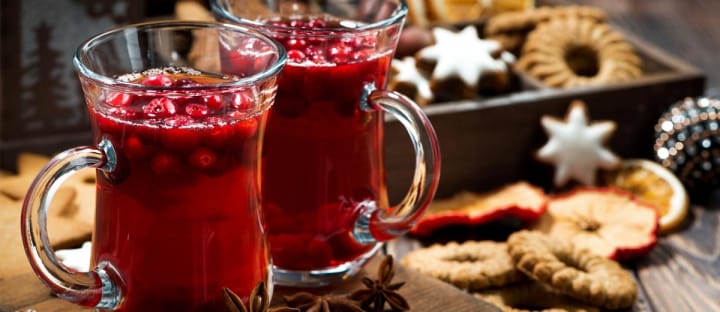
5.) Social Media
It is foolish to think the world will forget technology behind and forfeit both its benefits and downfalls. With that said, the world is aware that social media is a catalyst with great influence. Preserving feelings or seasonal grandeur with lows wrapped in fragile self-esteem and self-comparison, as "we" are reassured to believe the best; even living up to a façade all in the hope of portraying a "perfect" Christmas.
Again, the Anxiety UK spokesperson added: “Those of us with Facebook, Twitter and Instagram may feel even more pressure to have a ‘perfect holiday’ as our feeds continually update us on the developments of other peoples’ lives.” Ultimately, living up to societies' expectations lead the gorgeous outings and merry occasions shared online lead to the creation of FOMO, or Fear of Missing Out; one scroll through a newsfeed can cause depression.
Does Fear of Missing Out Got You Down?
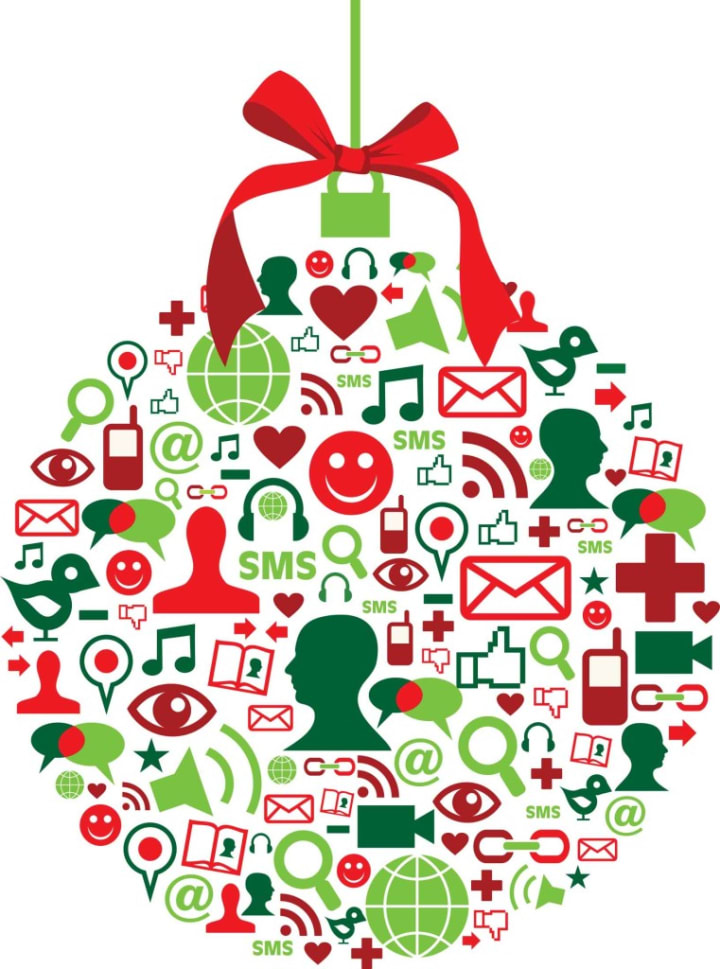
6.) Winter Weather
It is true that bad weather isn't biased and solely affects Christmas, rather, is something that comes with the territory. Winter is here and statistically speaking, as many as one in three people in the UK might already be struggling with some degree of seasonal affective disorder, according to a writer for the Huffington Post, Sophie Gallagher. Seasonal affective disorder (SAD) is a type of depression that's related to changes in seasons, therefore, the nightfall starting sooner and nights growing colder can have an impact on how we live with approximately ten million Americans suffering annually. Additionally, evenings get darker sooner and colder. Weather can have an impact on our daily lives; without embracing beautiful prism-filled sunlight in the frigid air may lead to feelings of sadness. Not to mention Vitamin-D deficiency.
Winter Is Here, and So Is Seasonal Affective Disorder

About the Creator
Mario Castelli
Merely a writer that sees the world through a lens of both logic and abstraction, that enjoys thinking deeper and learning of things shrouded in mystery and advocating for the silent.


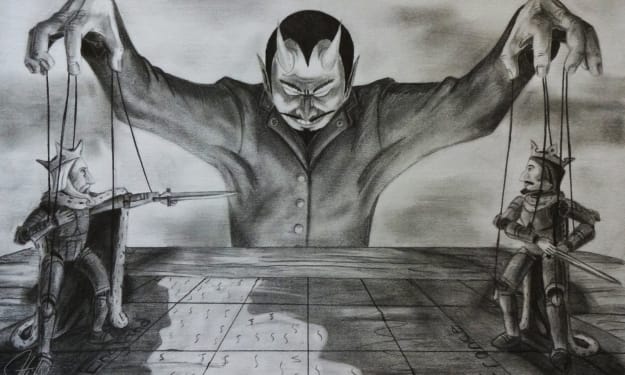



Comments
There are no comments for this story
Be the first to respond and start the conversation.